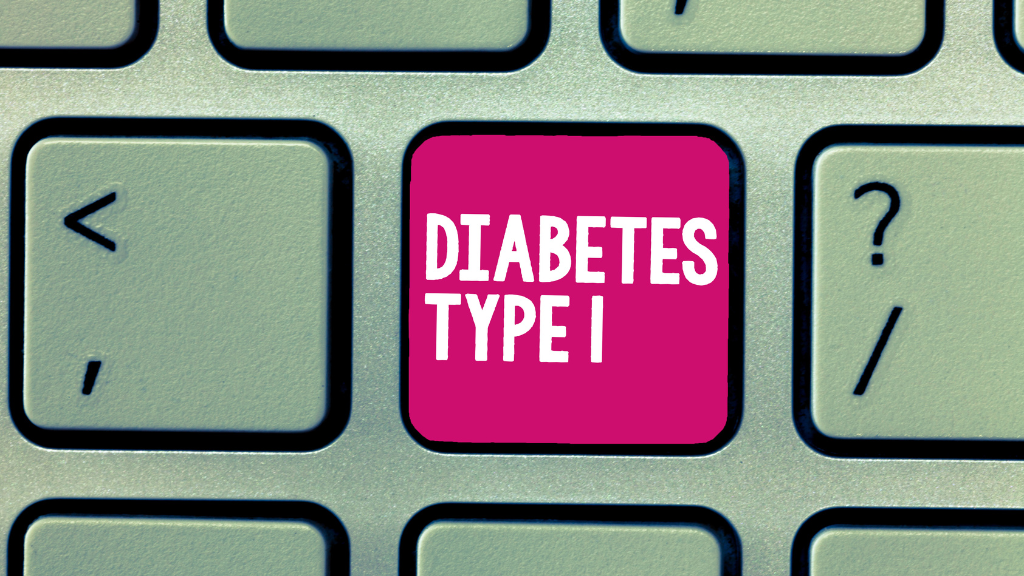
T1D Info
Healthcare Professionals
About Us
Understanding Type 1 Diabetes
Edited: 04.08.2025

Type 1 Diabetes is a disease that affects how your body uses glucose. Glucose is a sugar and the main source of energy for your body. Your body needs glucose to keep running.
This is how your body should work:
We eat food and the glucose in our food goes into our bloodstream. The pancreas makes a hormone called insulin which helps the glucose get into the body’s cells. This gives our body the energy it needs to live.
But if someone has Type 1 Diabetes, the body cannot produce insulin or produces insufficient amounts of insulin. Without insulin, glucose from the food can’t get into the body’s cells and builds up in the bloodstream. Too much glucose in the blood makes people sick if they don’t get proper treatment.
Read more.
When people first have diabetes, they usually:
Urinate a lot because the body tries to get rid of the extra sugar by passing it out of the body in the urine (pee)
Drink a lot to make up for all that peeing
Eat a lot because the body is hungry for the energy it can’t get from the food (glucose)
Lose weight as the body starts to use fat and muscle for fuel because it can’t use sugar normally
Feel tired because the body can’t use sugar for energy
Other signs can be:
Fruity smelling breath
Blurry vision
Stomach pains
Nausea or vomiting
Loss of consciousness
Rapid, heavy breathing
Insulin by injection is the only treatment for Type 1 Diabetes. Insulin injections will replace the insulin your body no longer makes. Blood glucose testing, meal planning, and exercise are also important with the control of Type 1 Diabetes.
The exact cause of Type 1 Diabetes is unknown, although several risk factors have been identified. The risk of developing Type 1 Diabetes may be slightly increased if our body carries a certain type of gene.
What we know is, you did not cause it and there is no way that it could have been prevented.
You are still the same person. With proper treatment, you can enjoy a long and fulfilled life. You can still do everything you used to do. This includes:
School
Work
Get married and have children in the future
While it is true that there is no known cure for Type 1 Diabetes, modern medicine has made significant strides in terms of managing this condition. This means that people with Type 1 Diabetes can live long and happy lives so long as they manage their condition well. Here are some important things to remember:
- Read more about your condition and keep yourself informed. Knowing more about Type 1 Diabetes can help you manage your condition better. This means knowing things such as foods to avoid, what medications you’ll need to take, what symptoms of complications to watch out for, etc.
- Follow your doctor’s advice. Your doctor’s advice will be crucial when it comes to managing Type 1 Diabetes. Make sure to stick to what they say, take all of the medications they prescribe, and follow any other instructions and advice that they will be providing you.
- Eat healthy. Having a healthy diet can help people with Type 1 Diabetes manage their condition better. Eating healthy helps you keep your blood sugar levels in check, whilst providing your body with the nutrients and minerals that it needs in order to function well. Maintaining good health is crucial when it comes to managing diabetes.
- Stay active. Aside from eating healthy, daily exercise and maintaining an active lifestyle is also important in managing Type 1 Diabetes. Regular exercise helps protect your body from the usual complications of diabetes such as high blood pressure, heart problems, etc. Take note that for diabetics, it’s very important to always stay hydrated, and to have a snack ready especially if you’re engaging in strenuous exercise. This helps maintain your blood sugar levels and can prevent it from dipping too low.